Looking for Sources of Vitamin B1? As a vegan, ensuring a healthy diet with all the necessary vitamins and minerals is essential. Vitamin B1, or thiamine, plays a crucial role in energy production and nerve system function. Given its usual presence in animal-based products, vegans need to pay attention to incorporating sufficient B1 into their diet.
What is Vitamin B1?
Vitamin B1, or thiamine, is a vital nutrient aiding the body in converting food to energy. Crucial for the proper functioning of the nervous system, muscles, and heart. This water-soluble vitamin requires daily dietary intake as it isn’t stored in the body.
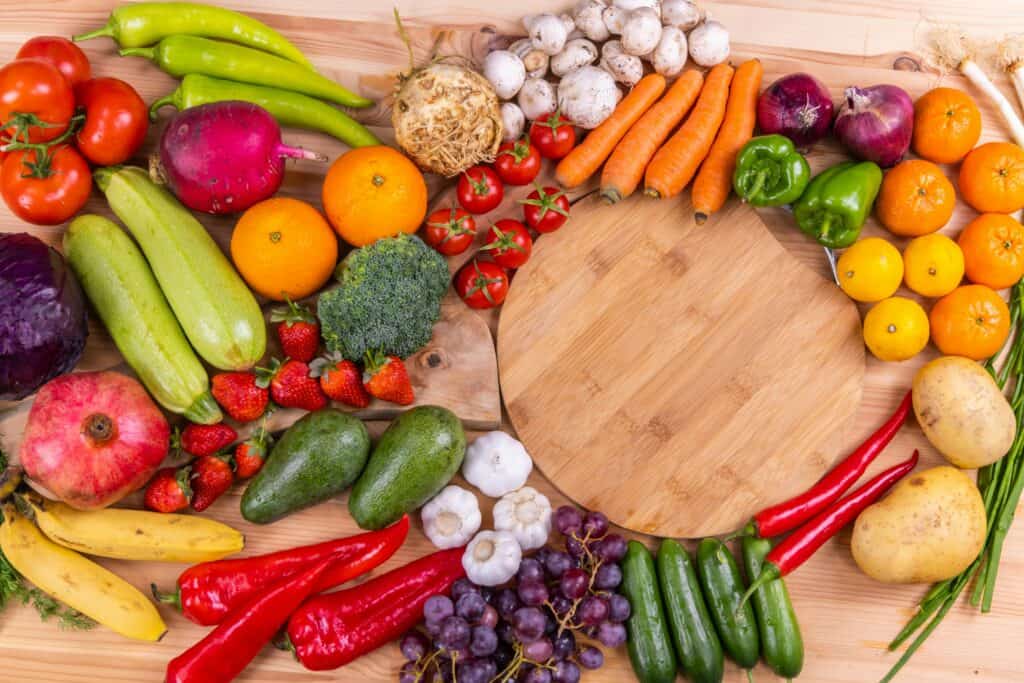
Top 20 Vegan Sources of Vitamin B1
This table outlines the top 20 vegan sources of vitamin B1, providing serving sizes and vitamin B1 content per serving. While they may not offer the highest B1 levels per serving, these foods stand out as excellent vegan sources of this vital nutrient.
Boosting your vitamin B1 intake in a vegan diet is simple through easy swaps. Consider opting for whole wheat pasta instead of the regular kind or using nutritional yeast as a seasoning for your favorite dishes. Explore new recipes that incorporate these vitamin B1-rich foods for a flavorful and nutrient-packed diet.
Vitamin B1 Chart of Plant-Based Sources
| Food | Serving Size | Thiamine Content |
|---|---|---|
| Nutritional yeast | 1 oz | 9.6 mg |
| Sunflower seeds | 1 oz | 0.4 mg |
| Mung beans | 1 cup | 0.4 mg |
| Black beans | 1 cup | 0.4 mg |
| Navy beans | 1 cup | 0.4 mg |
| Lima beans | 1 cup | 0.4 mg |
| Lentils | 1 cup | 0.3 mg |
| Green peas | 1 cup | 0.3 mg |
| Brown rice | 1 cup | 0.2 mg |
| Oats | 1 cup | 0.2 mg |
| Barley | 1 cup | 0.2 mg |
| Wheat germ | 1 oz | 0.2 mg |
| Spinach | 1 cup | 0.1 mg |
| Kale | 1 cup | 0.1 mg |
| Brussels sprouts | 1 cup | 0.1 mg |
| Asparagus | 1 cup | 0.1 mg |
| Cauliflower | 1 cup | 0.1 mg |
| Bell peppers | 1 cup | 0.1 mg |
| Sesame seeds (whole) | 1 oz | 0.1 mg |
| Macadamia nuts | 1 oz | 0.1 mg |
Many vegan foods are excellent sources of vitamin B1. Leafy greens, such as spinach and kale, are rich in thiamine and other B-complex vitamins like folic acid and pantothenic acid. These greens also offer additional health benefits, including weight loss support and improved heart function.
Whole grains are another great source; wild rice, rice bran, and wheat flour provide significant amounts of thiamine. Breakfast cereals fortified with B vitamins are also an easy and convenient way to ensure you get enough B vitamins in your daily diet.
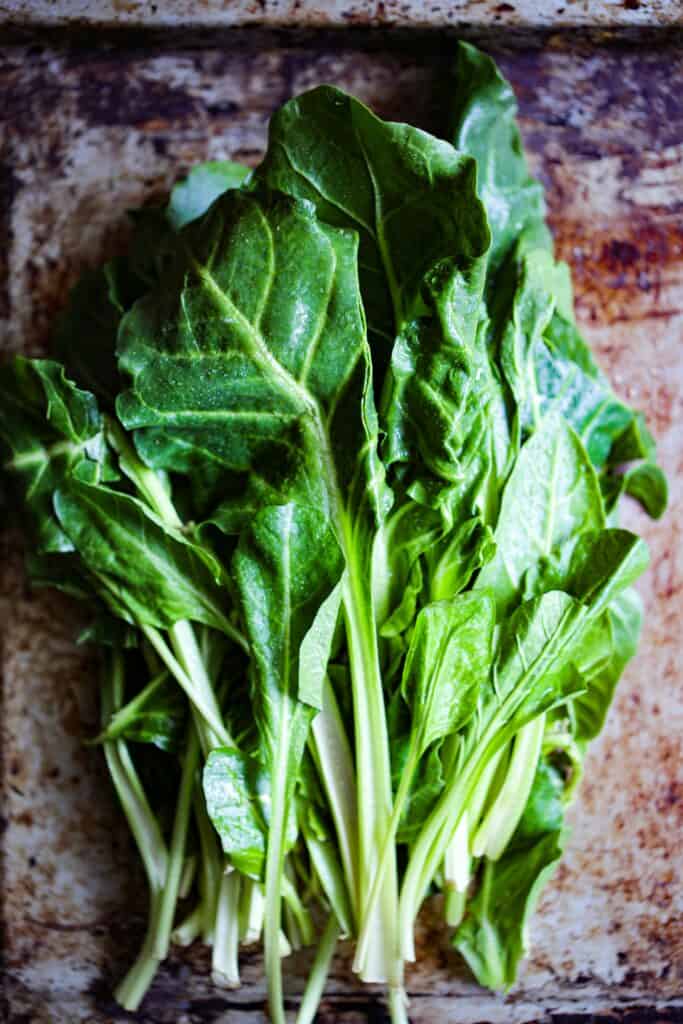
Nuts and seeds are also among the best choices for thiamine-rich foods. Hemp seeds, chia seeds, and Brazil nuts offer substantial amounts of vitamin B1. They also have other vital nutrients like fatty acids and amino acids. Sweet potatoes and mung beans are whole foods that not only supply thiamine but also vitamin C, enhancing your immune system. Plant milks and yeast extract are additional vegan-friendly options to incorporate into your meals to prevent thiamin deficiency.
Vitamin B1 Content in Nuts and Seeds
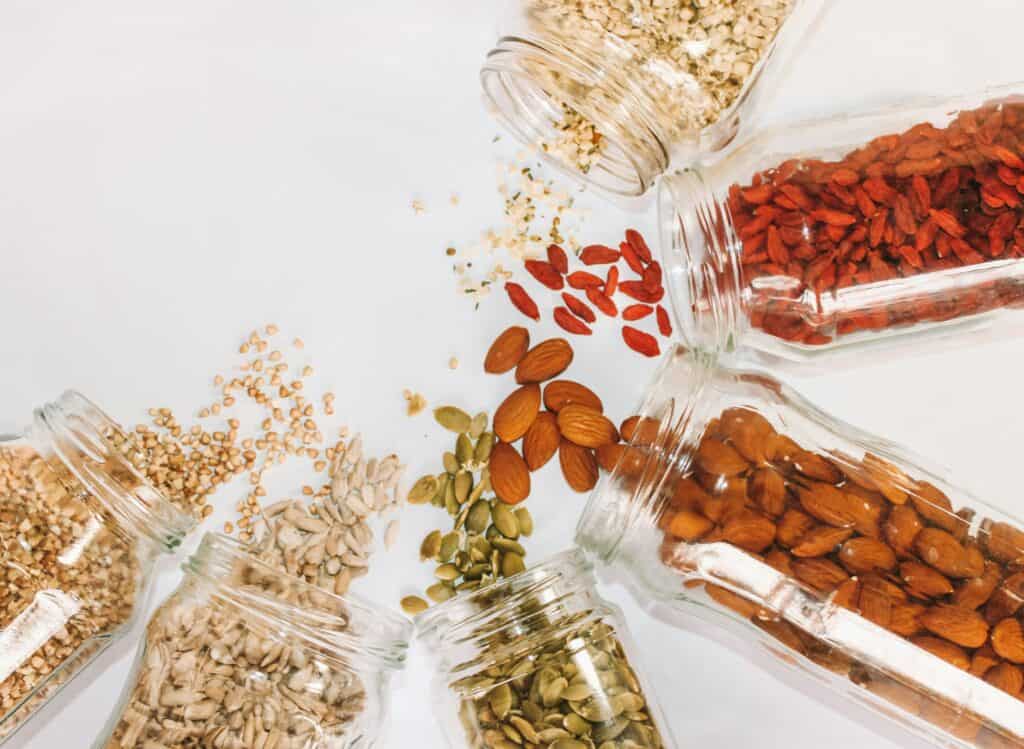
Here is the chart showing the percentage of Recommended Daily Allowance (RDA) of Vitamin B1 (Thiamine) per 100g for various nuts and seeds:
| Nuts/Seeds | Vitamin B1 (Thiamine) % RDA per 100g |
|---|---|
| Sunflower Seeds | 85% |
| Pine Nuts | 55% |
| Pistachios | 44% |
| Pecans | 32% |
| Brazil Nuts | 30% |
| Flaxseeds | 28% |
| Almonds | 24% |
| Hazelnuts | 24% |
| Walnuts | 22% |
| Cashews | 20% |
These nuts and seeds are excellent sources of Vitamin B1 (Thiamine). Providing significant percentages of the Recommended Daily Allowance (RDA) per 100g.
Vitamins in Lentils and Legumes
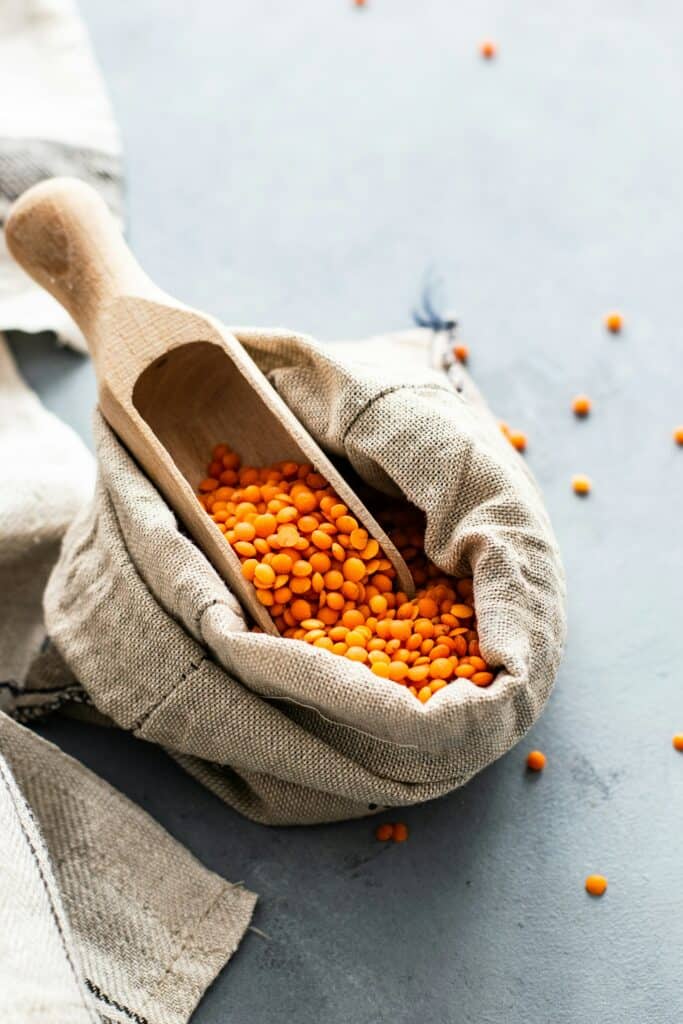
Here is a chart highlighting the vitamins found in a few common lentils and legumes. Including the mung bean. Along with their percentage of the Recommended Daily Allowance (RDA) per 100 grams:
| Legume | Vitamins Included |
|---|---|
| Mung Bean | Vitamin B1 (Thiamine): 22% RDA, Vitamin B6: 10% RDA, Vitamin C: 4% RDA, Folate: 80% RDA |
| Lentils | Vitamin B1 (Thiamine): 15% RDA, Folate: 45% RDA, Vitamin B6: 12% RDA, Vitamin C: 3% RDA |
| Chickpeas | Vitamin B1 (Thiamine): 12% RDA, Vitamin B6: 15% RDA, Folate: 44% RDA, Vitamin E: 3% RDA |
| Black Beans | Vitamin B1 (Thiamine): 16% RDA, Folate: 33% RDA, Vitamin B6: 12% RDA, Vitamin K: 7% RDA |
| Kidney Beans | Vitamin B1 (Thiamine): 21% RDA, Vitamin B6: 13% RDA, Folate: 33% RDA, Vitamin C: 5% RDA |
Vitamin B1 Content in Leafy Greens and Vegetables
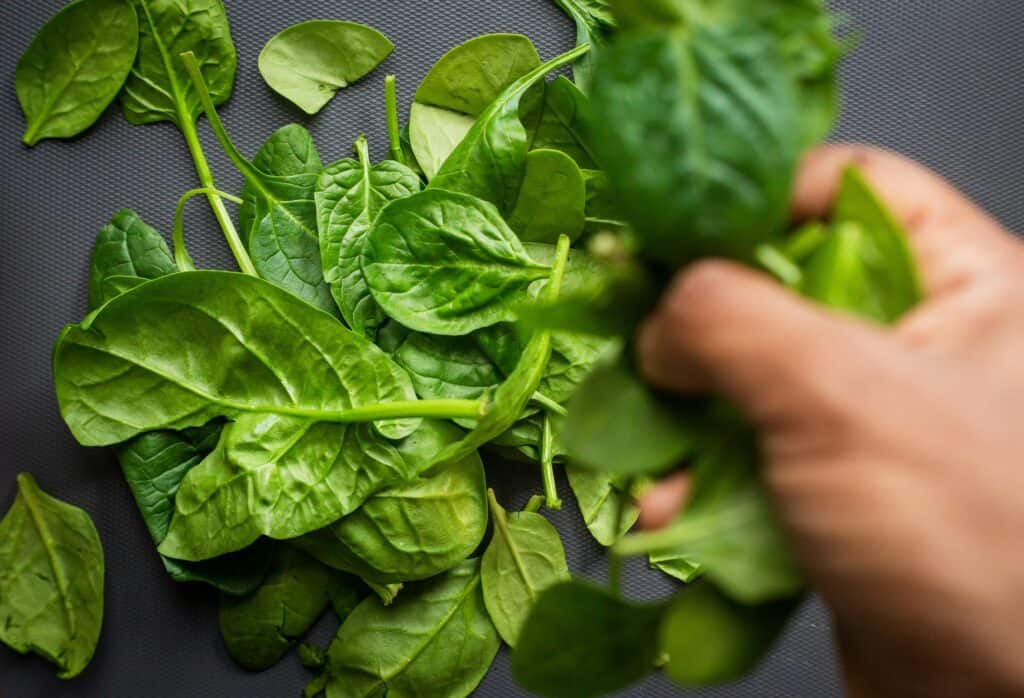
Below is a chart showing the percentage of Recommended Daily Allowance (RDA) of Vitamin B1 (Thiamine). Per 100g for various leafy greens and vegetables:
| Leafy Greens/Vegetables | Vitamin B1 (Thiamine) % RDA per 100g |
|---|---|
| Spinach | 11% |
| Collard Greens | 13% |
| Swiss Chard | 6% |
| Kale | 7% |
| Broccoli | 7% |
| Brussels Sprouts | 6% |
| Asparagus | 7% |
| Cabbage | 6% |
| Romaine Lettuce | 6% |
| Green Peas | 20% |
These leafy greens and vegetables provide varying percentages of the Recommended Daily Allowance (RDA) of Vitamin B1 (Thiamine) per 100g.
Why is Vitamin B1 important for Vegans?
Vegans may be at a higher risk for vitamin B1 deficiency. Many of the richest sources of thiamine are animal products. Vitamin B1 is crucial for the metabolism of carbohydrates, and a deficiency can lead to fatigue, weakness, and poor concentration. Vegans who consume a diet high in processed foods and low in whole grains, legumes, and nuts may be at even higher risk for vitamin B1 deficiency.
Top Vegan Sources of Vitamin B1
Vegan sources of vitamin B1 include whole grains, legumes, nuts, and seeds. Some of the best sources of vitamin B1 for vegans include black beans, lentils, peanuts, sunflower seeds, and whole wheat. Other good sources include brown rice, oatmeal, and soy milk.
Fortified Plant Milks: A Nutritional Boost
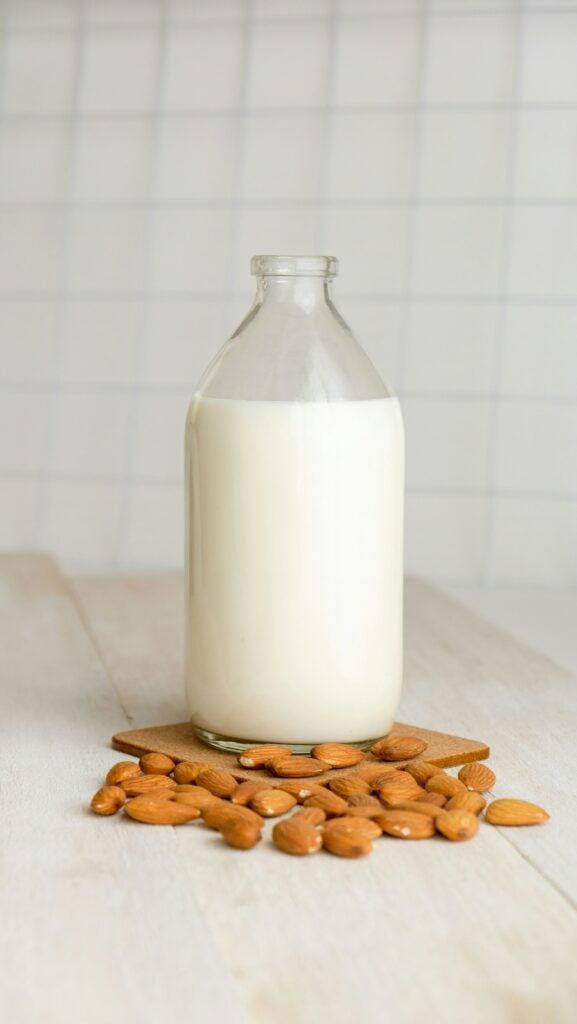
Fortified plant milks are an excellent choice for those looking to enhance their intake of essential nutrients without consuming dairy products. These plant-based beverages are often enriched with vitamins and minerals. Making them great sources of B vitamins, vitamin D, and other essential nutrients that support red blood cells production and overall health.
Regular consumption of fortified plant milks can help meet the daily values recommended by health authorities. Ensuring you receive the necessary nutrients for optimal health. Here’s a chart highlighting some popular brands and the vitamins they include:
| Brand | Vitamins Included |
|---|---|
| Almond Breeze | Vitamin D, Vitamin B12, Vitamin E, Calcium, Vitamin B1 |
| Silk Soy Milk | Vitamin D, Vitamin B12, Vitamin A, Calcium, Vitamin B1 |
| Oatly Oat Milk | Vitamin D, Vitamin B12, Calcium, Riboflavin, Vitamin B1 |
| Ripple Pea Milk | Vitamin D, Vitamin B12, Iron, Potassium, Vitamin B1 |
| Good Karma Flax Milk | Vitamin D, Vitamin B12, Calcium, Protein, Vitamin B1 |
These fortified plant milks provide a reliable way to get your daily vitamin B and other nutrients. Helping to prevent deficiencies and support various bodily functions. Including red blood cell production and maintaining a healthy immune system.

Nutritional Yeast: A Powerhouse of Vitamin B1
Nutritional yeast is a fantastic addition to any vegan or vegetarian diet as it is one of the top food sources of vitamin B. This versatile ingredient not only enhances the flavor of your meals but also provides a good source of vitamin B and other essential nutrients.
Unlike dairy products, nutritional yeast is entirely plant-based and packed with b complex vitamins, including niacin (nicotinic acid), which play a vital role in energy metabolism and red blood cell production. Adding nutritional yeast to your diet can help your body turn food into energy more efficiently. Making it a great choice for those looking to boost their intake of B 1-rich foods.
Understanding Vitamin B1 Deficiency
Vitamin B1 deficiency can lead to serious health problems, including beriberi and a medical condition called Wernicke-Korsakoff syndrome. Which affects the cardiovascular and nervous systems. Thiamine is the first B vitamin discovered and is essential for maintaining a healthy digestive system and preventing hair loss, muscle weakness, and other symptoms related to insufficient b vitamins.
The Food and Drug Administration (FDA) and National Institutes of Health (NIH) set daily values and recommended dietary allowances to ensure adequate intake of this essential nutrient. Deficiency in vitamin B1 can impair the body’s ability to turn food into energy and may contribute to conditions such as Alzheimer’s disease and other cognitive impairments. Including thiamine-rich foods like mung beans and fortified cereals in your daily diet is the best choice to prevent deficiency and support overall health.
How to Incorporate More Vitamin B1 into Your Vegan Diet
Incorporating more vitamin B1 into a vegan diet can be simple and delicious. Try swapping out refined grains for whole grains like brown rice, quinoa, and whole wheat pasta. Add legumes like black beans, lentils, and chickpeas to salads, soups, and stews. Snack on nuts and seeds like sunflower seeds, peanuts, and pumpkin seeds for an easy boost of vitamin B1.
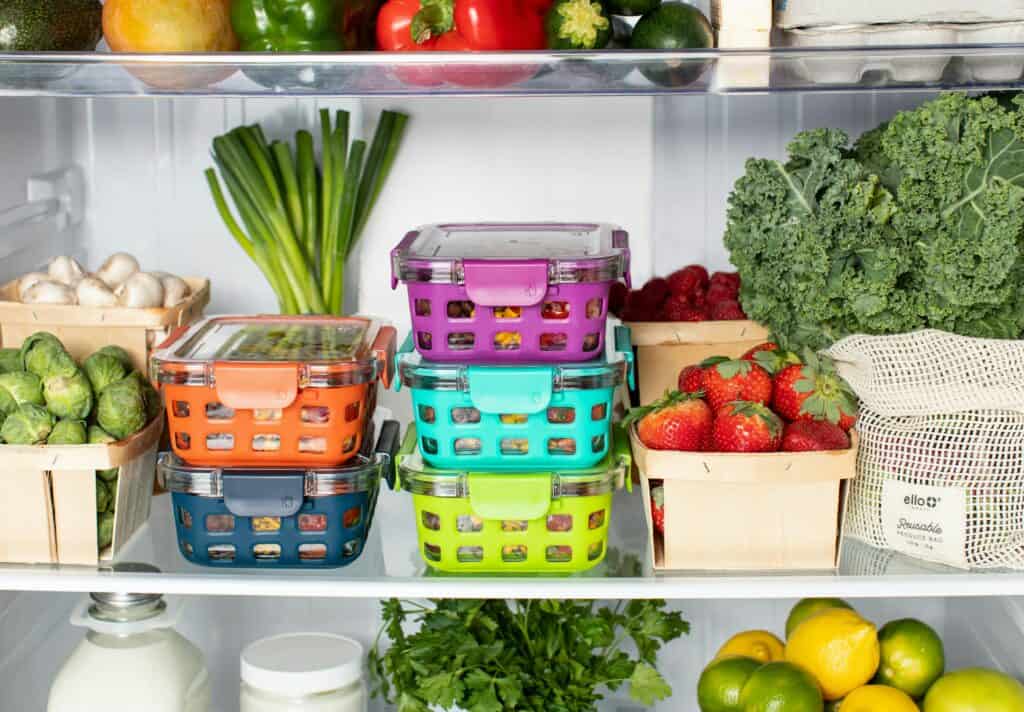
Food Swaps To Include More Sources of Vitamin B1
Here’s a chart with a list of food swaps a vegan can make to get more Vitamin B1 (thiamine):
| Non-Vegan/Low-B1 Food | Vegan/High-B1 Food Swap | Reason |
|---|---|---|
| White Rice | Brown Rice, Wild Rice | Higher in thiamine and fiber |
| Regular Pasta | Whole Wheat Pasta | More B vitamins and nutrients |
| White Bread | Whole Grain Bread | Higher thiamine content |
| Dairy Milk | Fortified Plant Milks (e.g., soy milk) | Often fortified with B vitamins |
| Corn Flakes | Fortified Breakfast Cereals | Enriched with thiamine and other B vitamins |
| Regular Potatoes | Sweet Potatoes | Higher in thiamine and vitamin C |
| Vegetable Based Dishes | Add Lentils, Beans, or Mung Beans to the dish | Good sources of thiamine and protein |
| Processed Snacks | Nuts and Seeds (e.g., hemp seeds, chia seeds) | Rich in thiamine and healthy fats |
| Refined Sugar | Organic Cane Sugar, Maple Syrup | Contains small amounts of thiamine |
| White Flour | Whole Wheat Flour | Higher B vitamin content |
This chart highlights simple food swaps that can help vegans increase their intake of daily vitamin B while maintaining a balanced and nutritious diet.
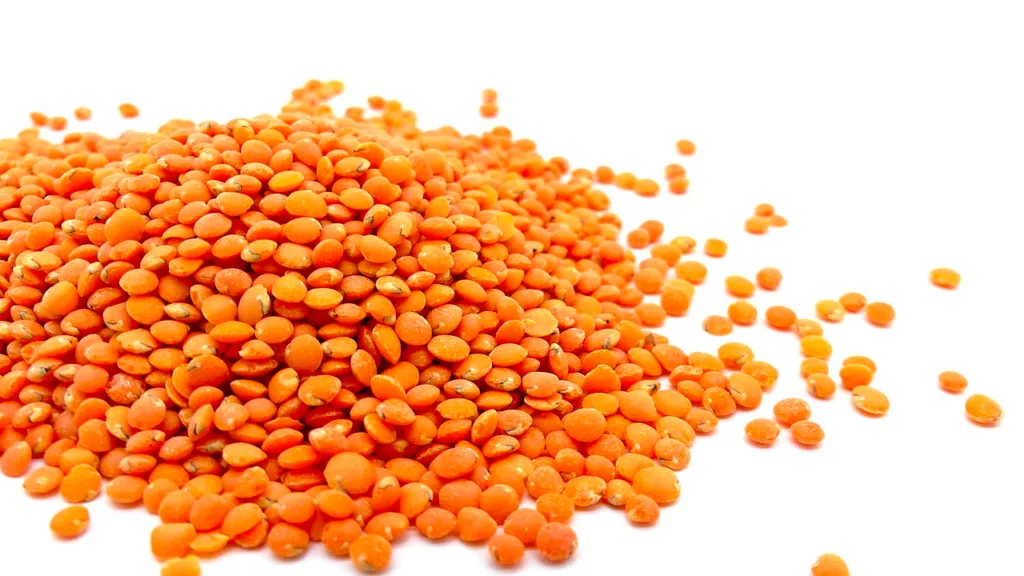
Delicious Vegan Recipes High in Vitamin B1:
Sources of Vitamin B1 Recipes
Indulge in delicious vegan recipes rich in vitamin B1 like lentil soup, peanut butter, banana overnight oats, and roasted chickpeas. Lentil soup offers a hearty and comforting thiamine boost, while peanut butter and banana overnight oats provide a quick, fiber-packed, vitamin B1-rich breakfast. For an on-the-go snack, relish the crunch and flavor of roasted chickpeas.





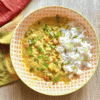
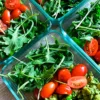

Conclusion: Sources of Vitamin B1
In conclusion, Vitamin B1 is crucial for overall health, impacting energy metabolism, nerve function, and heart health. While vegans face a higher risk of B1 deficiency, numerous plant-based sources are available.
Incorporating these vegan-friendly B1 sources into your diet ensures meeting daily recommendations. With creativity, vegans can craft delicious, nutrient-rich meals. Experiment with recipes mentioned above and diverse B1-rich foods for a healthier, vibrant lifestyle.
- “Thiamin”, Linus Pauling Institute Micronutrient Information Center, https://lpi.oregonstate.edu/mic/vitamins/thiamin
- “Top 10 Foods Highest in Thiamin (Vitamin B1)”, HealthAliciousNess, https://www.healthaliciousness.com/articles/food-sources-of-thiamin-vitamin-B1.php
- United States Department of Agriculture (USDA) FoodData Central database.



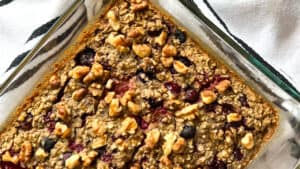

Great Info thank you so much! Your site has been very helpful.
Thank you so much Jackie! I’m so happy you found it helpful 🙂
Didn’t know nutritional yeast contained vitamin B1. Thanks for the info
You’re so welcome Bailey! Yes nooch has so many vitamins in it and tastes so good!